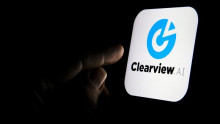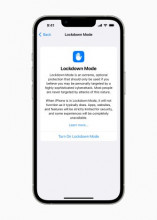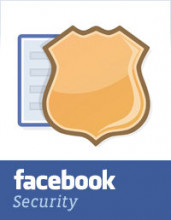A Spy Agency Leaked People's Data Online—Then the Data Was Stolen
The list of data is long. Names, professions, blood groups, parents’ names, phone numbers, the length of calls, vehicle registrations, passport details, fingerprint photos. But this isn’t a typical database leak, the kind that happens all the time—these categories of information are all linked to a database held by an intelligence agency.













































































